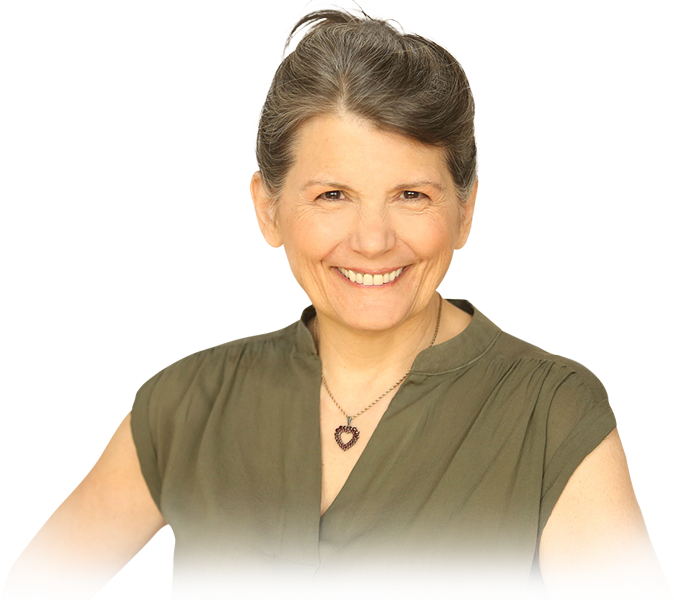
One of the great side-benefits of what we do is that people who arrive trying to get rid of pain, undergo transformation in the process of doing Feldenkrais® work. At least, that’s what we hope, because that’s what most of us experienced, and it’s a big part of the drive most of us have to share this work with more people.
Unfortunately, the transformation you experienced in your training program is not going to carry you to the end of your life! You have to keep putting yourself in situations where you can experience the next thing along your own particular path.
When you ask your clients to grow into their potent selves, they expect you to be doing the same. For example, sometimes people need to come to a place where they value themselves enough to take the time to come to your classes. So learning to help potential clients work through their time issues, to the point where they realize that how they spend their time matters to their well-being, could be an important step for you.
However, if you, yourself, have issues with time — perhaps you haven’t learned how to keep your sessions within the time you set, or you don’t begin your classes at the time you say they start, or maybe you can’t find the time to learn how to be the competent boss of your own successful business — the dissonance between what you’re asking your clients to do, and what you do yourself, will stop you from coming across as genuinely as you hope you do. And that will likely cost you clients.
Your clients are looking for someone who can inspire them, take them to new places inside themselves, and help them feel the fullness of their potential. That person is you, if you’re congruent — if you’re also driving toward the fullness of your own potential along your own path.
So while the well-known quote tells us that “Growth is optional” — it really isn’t. Not if you’re in the business of helping people reach their full potential! For all of us who see ourselves in that role, growth is mandatory!
~~~~~
“As people try to better themselves, different stages of development can be found in each of them. And as each one progresses, the means for further correction will have to become increasingly finespun.” —Moshe Feldenkrais, in Awareness Through Movement.

